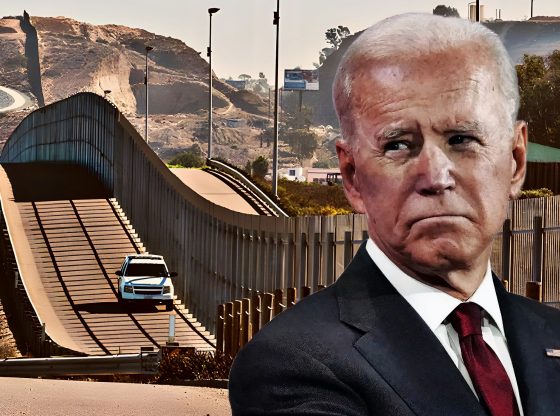The Biden administration’s decision to negotiate a prisoner exchange with Iran raises questions about the country’s strategic direction. As reported by The New York Times, the U.S. has struck a deal, wherein the return of five American prisoners wrongfully detained in Iran would be exchanged for the release of Iranian nationals serving prison terms in the U.S. for violating sanctions. Moreover, the agreement also involves unfreezing a significant $6 billion of Iran’s assets held in South Korea, a move that can be viewed as a concession to Iran’s demands.
Americans Detained on Dubious Charges
The imprisoned Americans, including individuals like Siamak Namazi, Emad Sharghi, and Morad Tahbaz, were allegedly detained on unfounded charges of espionage. While some details surrounding the other two Americans remain private, it is evident from statements by the National Security Council and State Department that their imprisonment was unjustified. The sentiment shared is one of relief at their shift to house arrest, but a consistent acknowledgment that they should never have been incarcerated to begin with.
A Long Road Ahead for Their Release
While the U.S. government’s primary focus remains on ensuring the safe return of these detained citizens, the exact timeline remains uncertain. Insiders suggest the return process could take weeks. The detainees’ transfer from the infamous Evin Prison in Tehran to a temporary stay in a hotel before they eventually board a flight is a significant logistical consideration. Additional complexity is added by the mediation roles of Oman, Qatar, and Switzerland in this coordinated operation.
A Tense Geopolitical Backdrop
The prisoner swap agreement occurs at a time of increased tensions between the U.S. and Iran, especially with the American military buildup in the Persian Gulf and ongoing concerns about commercial shipping in the Strait of Hormuz. Additionally, Iran’s pursuit of its nuclear program, recent seizures of South Korean assets, and demands for the release of frozen assets abroad underscore a complicated geopolitical landscape. This prisoner swap, while crucial for the affected families, is only a part of the multifaceted U.S.-Iran relationship.















